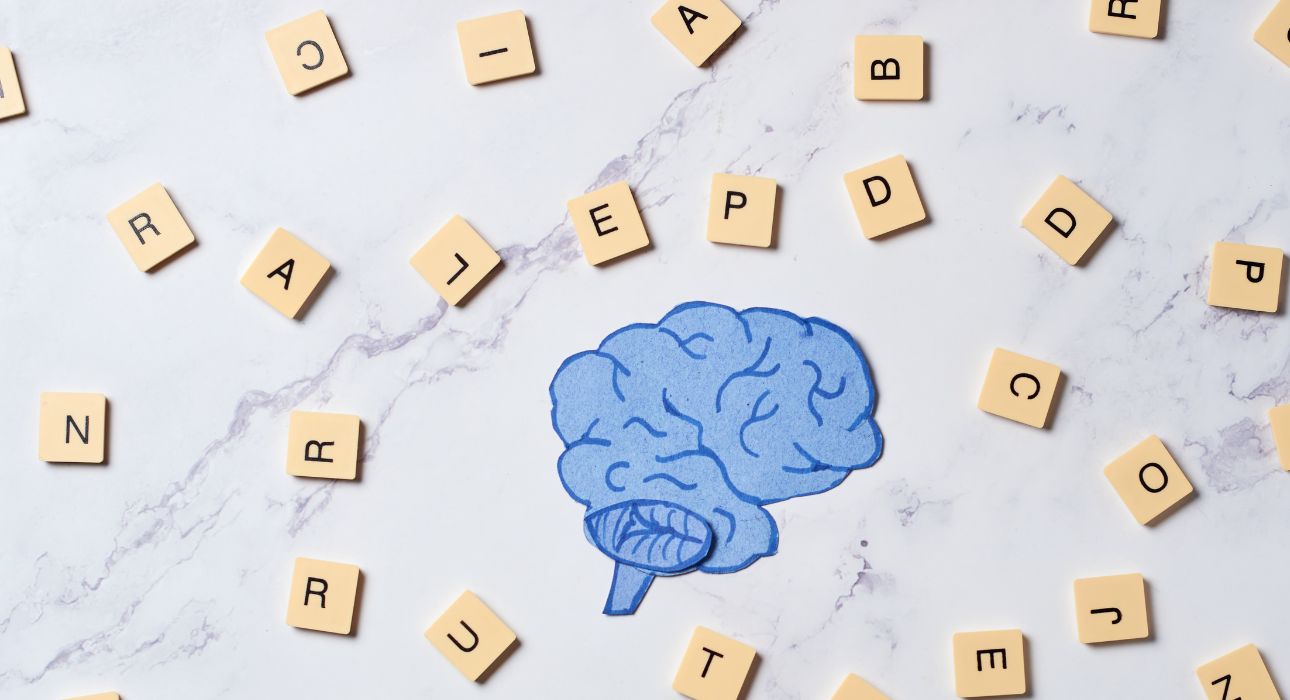What is Theory of Mind?
Life is an ocean of interspersed events, obstacles, opportunities, and ups and downs through which we constantly sail, as in the labyrinth of life. People spend most of their time thinking and feeling, and absorbing themselves in thoughts and values about their existence. Sometimes it is so shocking to realise that other humans go through














